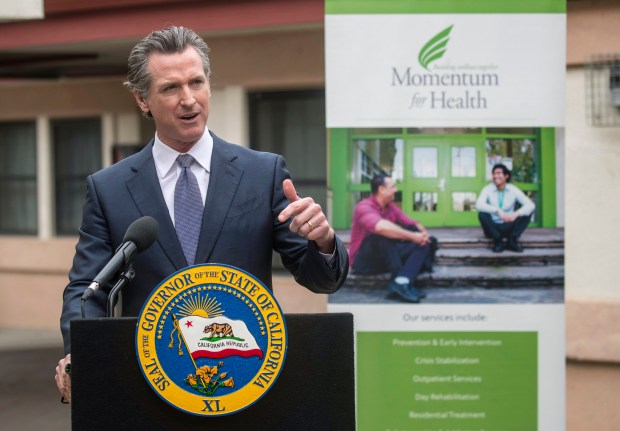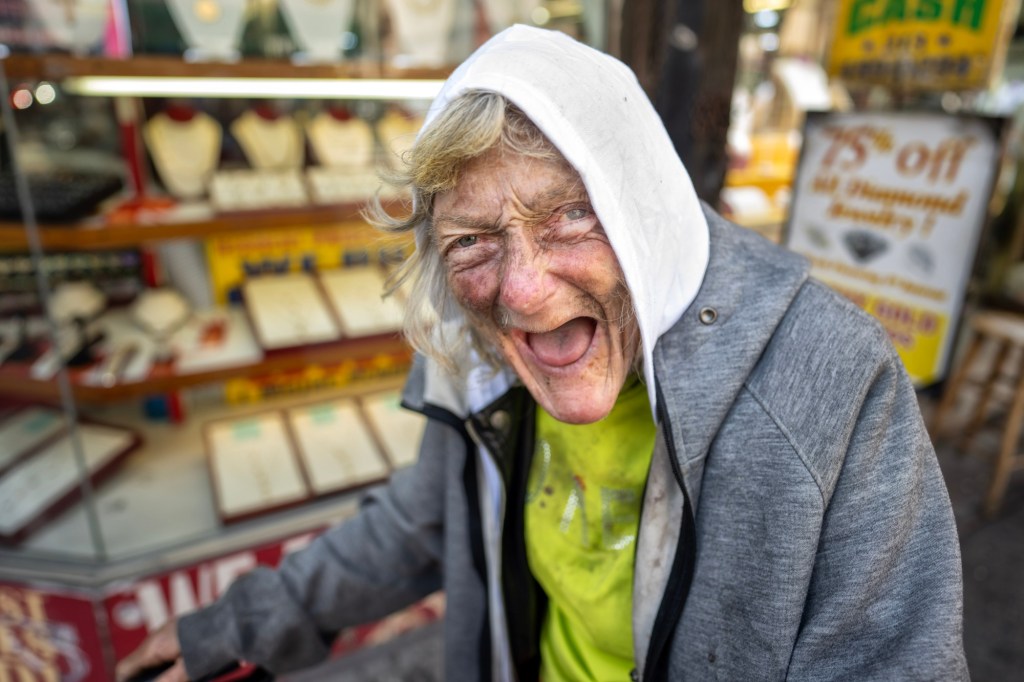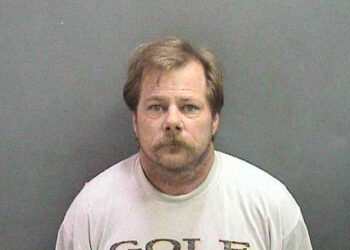It’s a philosophical faceoff between those who argue that folks should be free to chart their own course without government intervention and those who argue that civilized societies don’t allow mentally ill people to live — and die — on public streets.
Gov. Gavin Newsom, strongly in the latter camp, muscled a “paradigm shift” through the state legislature with major assists from Sen. Tom Umberg (D-Santa Ana) and Sen. Susan Talamantes Eggman (D-Stockton). The CARE Act — for Community Assistance, Recovery, and Empowerment — begins Monday, Oct. 2, in the guinea pig counties of Orange, Riverside, San Diego, San Francisco, Stanislaus, Glenn and Tuolumne.
Los Angeles County will join them in the vanguard on Dec. 1. The rest of the state will follow next year.
“To think we can stay where we are is frankly unacceptable,” said Dr. Mark Ghaly, secretary of the California Health & Human Services Agency, as the counties frenetically prepared for launch last week.

California has about 170,000 people living on the streets — nearly one-third of the nation’s homeless population — and many of these folks battle demons of psychosis and addiction.
The CARE Act, and the CARE courts it has created, won’t impact the overwhelming majority of them. Instead, they’ll focus on the 10,000 or so who are the sickest of the sick, whose lives are in grave danger, and who are most likely to have shunned help.
“Many people are falling through the cracks,” Ghaly said of California’s behavioral health systems. “There’s a need to provide comprehensive care plans that value self-determination to the greatest extent possible, access medication where appropriate, and ensure that housing is a key component. That may be the only way to find the road to stability.”
Umberg is on the edge of his seat, feeling both optimistic and a wee bit anxious.
“This is an experiment that has not really been tried before,” he said. “We know there will be things…
Read the full article here







